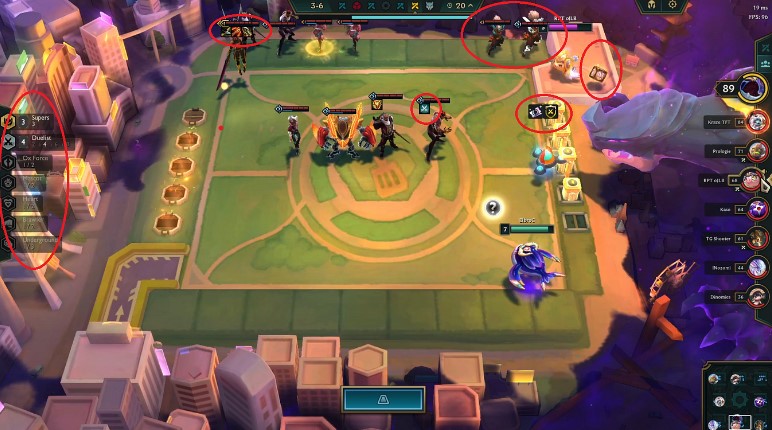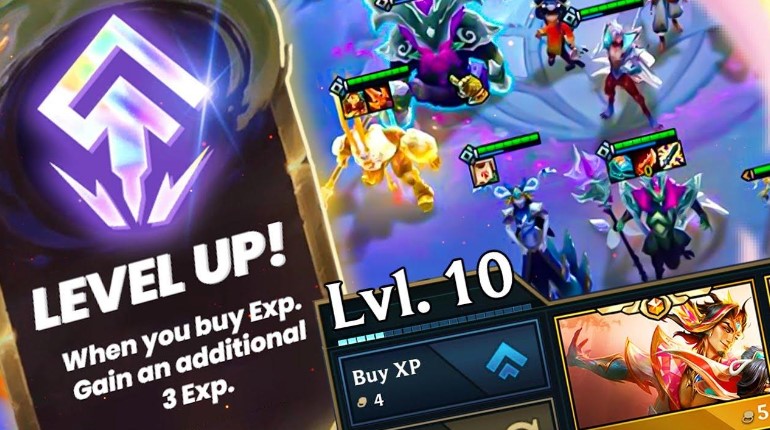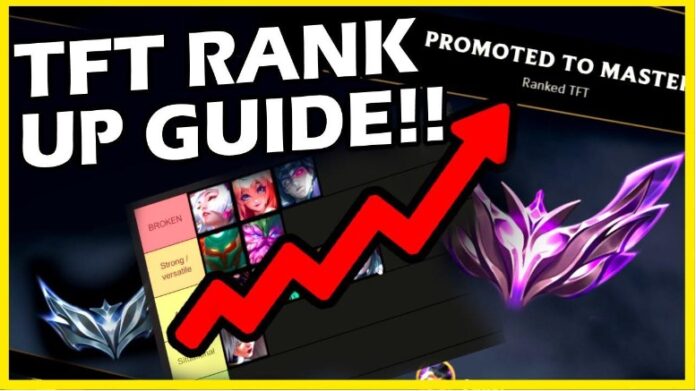Teamfight Tactics (TFT) is a strategic and adaptability game that brings freshness to the competitive gaming world. Well, being persistent can be one of the reasons, but mastering the game involves a deep understanding of mechanics, compositions, and decision-making. If you are a beginner, trying your hands out in the game or a middle rank player, advancing from Novice to Master in TFT requires refining your strategy at every stage. In this guide we will delve into the important points to help you climb the rank ladder.
Contents
Beginner’s Luck or Mistake?
One of the first steps in climbing the ranks is correcting common beginner mistakes. Some of these errors are common with every beginner player. So, note if you are one of them. If you truly want to learn and master the game, consider coaching to help you get better at TFT. These coaching will help you understand every detail and will help you build a strategic approach to TFT.
Random Rerolling (Donk Rolling)
Rerolling the shop without a clear goal, or “donk rolling,” is one of the biggest a beginner player makes. Many beginners continue to refresh the shop in hope of stumbling on some useful units. This can be a waste of gold and damage your economy. In TFT, saving gold is crucial, as having more than 50 gold gives you interest, which helps you build a stronger team in the long run.
A master TFT player knows what to expect while rolling. They look for specific upgrades or key units for their composition. If you’re not rolling with a specific purpose (like upgrading a two-star unit to a three-star or completing your comp), it’s better to save your gold, level up, and increase your chances of getting stronger units later.
Holding Unnecessary Units
Another common mistake is holding onto too many unnecessary units on your bench. Players often buy extra units they “might” use in the future, hoping to complete a three-star champion that doesn’t fit into their final comp. This approach can drastically hit your economy and waste your gold.
A good rule of thumb is to prioritize the units that directly contribute to your end-game comp. If a champion isn’t part of your planned composition or won’t be useful in the next few rounds, it’s better to sell them for gold and maintain a stronger economy.
Manage you Economy

Economy is the backbone of TFT gameplay, and many novices don’t understand how to utilize their gold properly. It is always wise to manage your gold properly for a long run. To climb ranks, you must know how to balance saving and spending. In TFT, for every 10 gold you save, you earn 1 additional gold per round, up to a maximum of 5 bonus gold. This bonus, called interest, increases each time. Players who consistently save their gold while maintaining a strong board gain an economic advantage that allows them to level up and roll for key units later in the game.
While saving gold it is important to understand where to spend it. For example, if your board is strong and you’re on a winning streak, it might be better to save your gold and gain interest. However, if you’re losing rounds and dropping too much health, it might be necessary to roll for upgrades or level up to stabilize your board.
Adaptability: Embracing Flexibility in Comps
A key factor in consistently ranking up is having a go-to team composition (comp) that you understand deeply. Picking a single comp and mastering it is one of the most effective ways to climb. Many new players make the mistake of committing to a specific team composition (comp) too early. While it is tempting to force a certain strategy, TFT rewards players who can adapt based on the units they’re offered and the strategies their opponents are using.
For example, if you’re aiming for a Duelist comp but not seeing many Duelist units, it may be more beneficial to shift toward a Brawler or Slayer comp if you’re finding those units more frequently. Learn to avoid and not tunnel vision on one strategy.
Tip: Stay aware of your opponents’ boards. If many players are going for the same comp, consider pivoting to avoid high competition for units. This adaptability will improve your chances of completing your desired synergies.
Understand when to Level up

Leveling up in TFT is vital because it increases the number of units you can place on the board and gives you access to higher-tier champions. However, leveling at the wrong time can ruin your economy.
Standard Leveling Patterns
As a beginner, it’s helpful to stick to the standard leveling guide to avoid mistakes. Typically, players level up to 4 on round 2-1, 5 on round 2-5, and 6 on round 3-2. From there, the timing for levels 7 and 8 depends on your comp and game state.
Once you gain experience, you’ll learn to adjust your leveling based on your board’s strength and your gold situation. Sometimes you’ll need to level early to stabilize your board; other times, it’s better to save your gold and level later for a power spike.
Refine Advanced Skills for Higher Ranks
For higher ranks you need to master advanced techniques as they are the critical elements of your gameplay. Learn to use hotkeys for rolling, leveling, and selling units. Then strengthen your lobby. If you have a weak board, don’t hoard gold for level 8—roll down at level 7 to upgrade your units and stabilize. Finally, if you have multiple components sitting on your bench by stage 5, don’t hesitate to create an item, even if it’s not ideal.
Conclusion
Climbing from novice to master in TFT is about more than just luck. By avoiding common beginner mistakes, mastering economy management, and refining advanced skills like positioning and scouting, you can steadily improve your rank. There are many guides to help you out when stuck, and you can opt for coaching if you are going for competitive gameplay. Apart from that consistency is key, and by applying these tips, you’ll find yourself climbing the ranks and mastering the game.












![Index of Money Heist [Season 1, 2, 3 & 4 – All Episodes, Cast and Plot] Index of Money Heist](https://www.asiamediajournal.com/wp-content/uploads/2021/05/Index-of-Money-Heist-3-100x70.jpg)